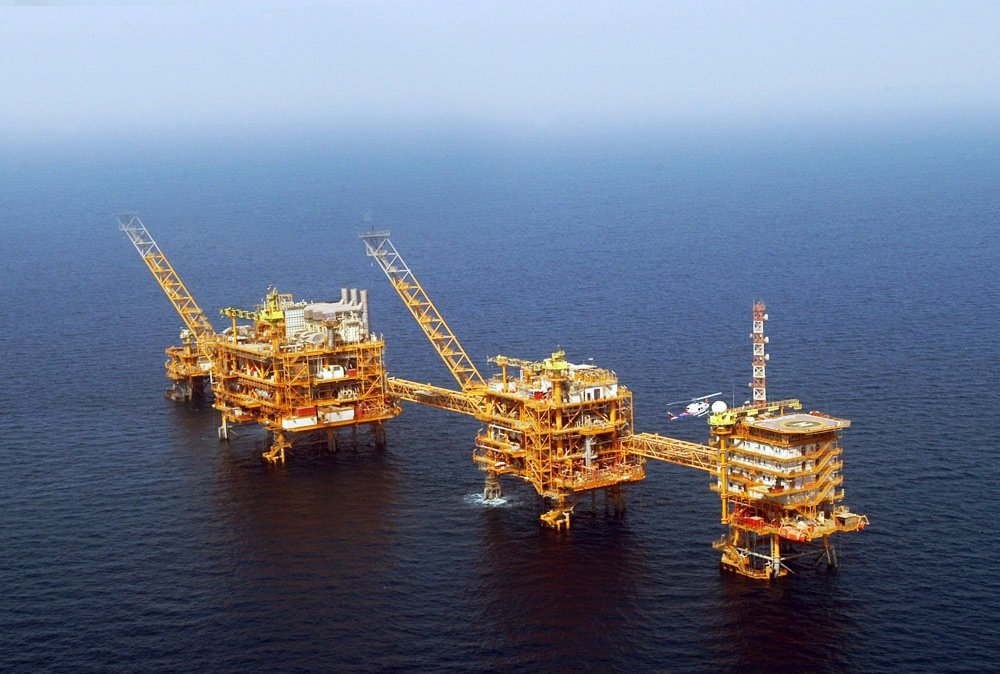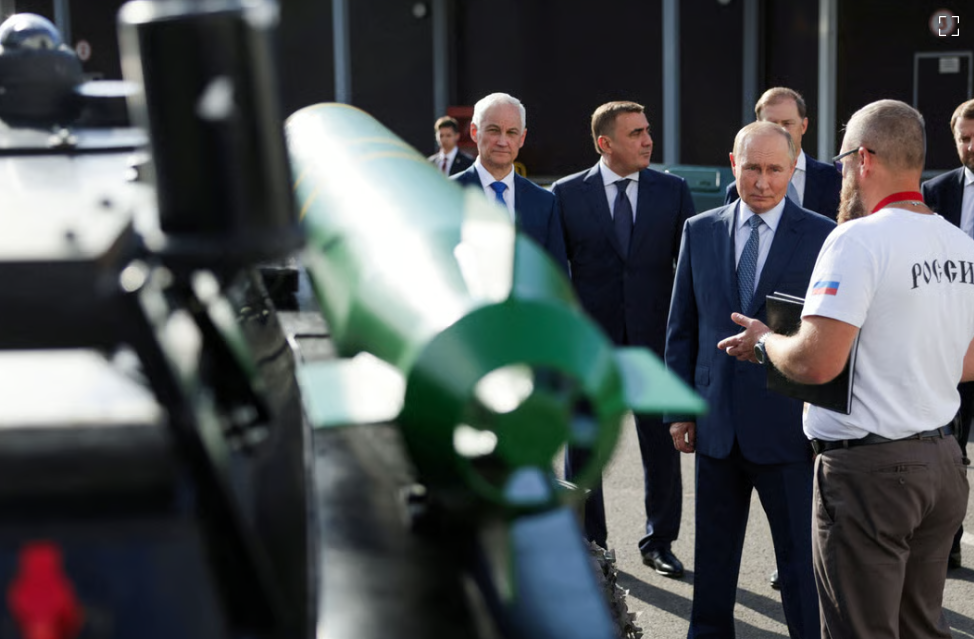By Mikhail Krutikhin for Radio Bulgaria
The trade war between the two largest economies in the world has heightened concerns about a recession, which in turn led to a sharp drop in oil prices. At the beginning of last week, the Brent crude oil price was around $75 per barrel, but this week it briefly fell below $60. The Russian grade "Urals," which Moscow sells at a significant discount to avoid the G7 price cap, also experienced a similar drop. Elvira Nabiullina, the governor of the Russian Central Bank, called this development a "major risk" to Russia’s economy.
The billions of dollars that the Russian Federation earns from oil exports are the main source of funding for its military industry and payments to mercenaries fighting against Ukraine, who — as noted by Ukrainian military forces — are not only not decreasing but are increasing by thousands every month.
Trump's statements, when he began imposing tariffs, accelerated the drop in oil prices. This is a long-term trend that started about a year and a half ago. There is more oil on the market than is required, meaning there is no shortage. There is a surplus. The organization OPEC+ decided that it can no longer regulate oil prices by reducing production. I think that by the end of the year, they will be supplying larger volumes to the market. Each country will produce as much oil as it can sell, and prices will drop even further.
Who will suffer the most from this? The countries with high production costs will suffer. First and foremost, Russia. The quality of oil reserves there is constantly deteriorating. For several years, no new major oil fields have been discovered. They are extracting the remaining oil from old fields. Water is injected, and 95% of what is extracted from the wells is water, with only 5% being oil. The oil must be collected, and the water must be injected back into the ground layers. The cost of extracting oil this way is high.
At a price of $50 per barrel on the global markets, Russia will offer its oil at an even lower price to bypass sanctions. This means that the price will be below production cost. In this case, the Russian government will have to subsidize the oil industry by reducing taxes or paying oil companies so they can continue to operate. This will be a very strong blow to the Russian budget. If currently about 33% of budget revenues depend on oil and gas, these 33% will sharply decrease.
Will budget problems force Vladimir Putin to end the fighting in Ukraine, or will there always be money for war?
There are two opinions among economists on this matter. Some argue that the Russian economy has already contracted so much that it depends less and less on the outside world. Spending in many budget areas will be reduced so that there will still be money for the war. Financial measures, such as the devaluation of the ruble, will be taken. There are various financial mechanisms that could ensure the continuation of the war.
Others believe everything will collapse, and under pressure from economic problems, Putin will end the war. I don’t believe that. Imagine this situation: The West comes to Putin and says, "Now we will make your economic life unbearable, and you won’t be able to continue military actions." Putin will laugh and respond, "For 25 years, I have been destroying the Russian economy, doing everything to prevent cooperation with the West, expelling Western companies from major projects, not allowing them to operate, pushing Gazprom out of the European gas market, causing Russia such enormous damage that no sanctions could ever inflict. And now you want to continue my line and my strategy, for which I am very grateful!" Putin cannot be forced to end the war using economic levers.
The only thing that can stop the decline in oil prices and stimulate price growth is a war in the Persian Gulf.
Regarding the negotiations in Oman, it is typical of Trump to make maximalist demands. Information has leaked about the content of his letter to the Iranians, which outlines these demands. The first one is clear, and the Iranians agree to it — negotiations on the Iranian nuclear program. Then come demands with which the Iranians categorically cannot agree.
First, the limitation of Iran's ballistic missile program. Then, Trump's demand to effectively disarm the Islamic Revolutionary Guard Corps, which is more powerful than Iran's armed forces and is a radical group engaged in terrorism across the region. It is unlikely that the leadership of the Islamic Republic will agree to this. Next, Iran must cease supporting terrorist organizations in the Middle East — Hezbollah and Hamas.
There is also another issue — the cessation of policies aimed at destroying the state of Israel. What will become of the Islamic Republic then? When the Islamic Republic was founded 46 years ago, Ayatollah Khomeini outlined two main objectives. First, the widest possible spread of the Islamic Revolution. This means the spread of the Shia form of Islam in the region. Second, the destruction of the state of Israel. Abandoning these objectives would mean complete capitulation and the actual collapse of the regime. The Iranians cannot agree to this.
How likely is the military scenario? Israel is trying to push Trump towards this. Saudi Arabia agrees that it is necessary to prevent Iran from acquiring nuclear weapons but is opposed to military action. The question arises, whose side is Trump on now — the Saudis and their partners in the Persian Gulf or Israel’s side? I believe that, in the end, he will have to make a clear decision. He may opt for war if the Iranians delay the negotiations for too long. The Israelis are ready. It remains only to bring the Americans on board.



















